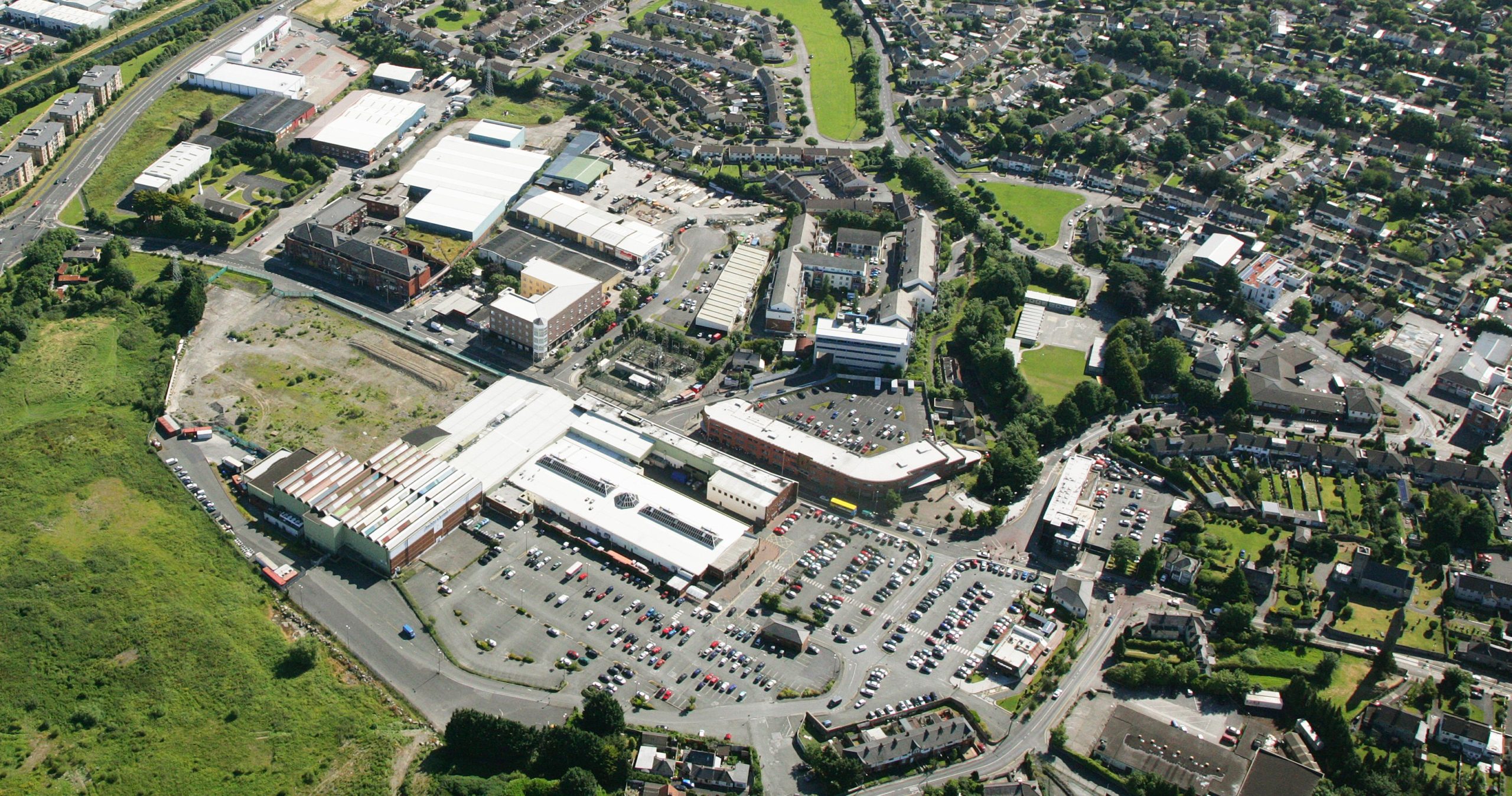
The Bannon Property Management Retail Portfolio continues to strengthen its commitment to supporting communities across Ireland. The Mill Shopping Centre in Clondalkin stands as a long-established and much-loved hub at the heart of West Dublin and has been managed by Bannon since 2023. First opened in 1994, the centre was named in tribute to the historic paper mills that once operated in the area—particularly Clondalkin Paper Mills, which played a central role in the town’s industrial heritage and community development. Today, The Mill continues that legacy as a vital gathering point for the local population. Conveniently located just off the N7 and within easy reach of the M50, the centre enjoys excellent accessibility via car, foot, and multiple Dublin Bus routes serving the wider Clondalkin area.
With a local population of over 46,000, Clondalkin is a vibrant and diverse community with deep historical roots and a strong local identity. The Mill Shopping Centre plays a vital role in everyday life here, providing a central meeting place, shopping destination, and service hub for residents of all ages. The centre regularly engages with the local community, supporting schools, cultural initiatives, and neighbourhood projects throughout the year. In addition, The Mill proudly supports and sponsors a variety of local sports teams, charities, and community organisations—reinforcing its role as a trusted and active partner in the area.
Sustainability is an ongoing focus at The Mill. Initiatives such as waste reduction practices, energy consumption analysis and a continued emphasis on eco-friendly occupier operations reflect a commitment to environmental responsibility and long-term community wellbeing.
Spanning approximately 80,000 sq.ft, The Mill offers a well-rounded occupier mix that caters to both convenience and lifestyle needs. Anchored by Dunnes Stores, the centre also features a strong line-up of national and local retailers, essential services, and popular eateries. Key occupiers include Eir, Specsavers, McCabes Pharmacy, EuroGiant, Boots, McLoughlin’s Butchers, The Natural Bakery, Tuthills, and Anytime Fitness and many more. The centre also offers a selection of local cafés and food vendors that add to its welcoming, community-oriented atmosphere.
To ensure a stress-free visit, The Mill Shopping Centre provides over 400 free car parking spaces, making it an easy and accessible choice for shoppers arriving by car. The availability of ample parking supports a seamless experience for families, commuters, and visitors from surrounding areas.
With its strong sense of place, community-focused ethos, and excellent retail mix, The Mill Shopping Centre continues to serve as a vital anchor for Clondalkin and the surrounding areas—delivering value, convenience, and connection at the heart of the community.
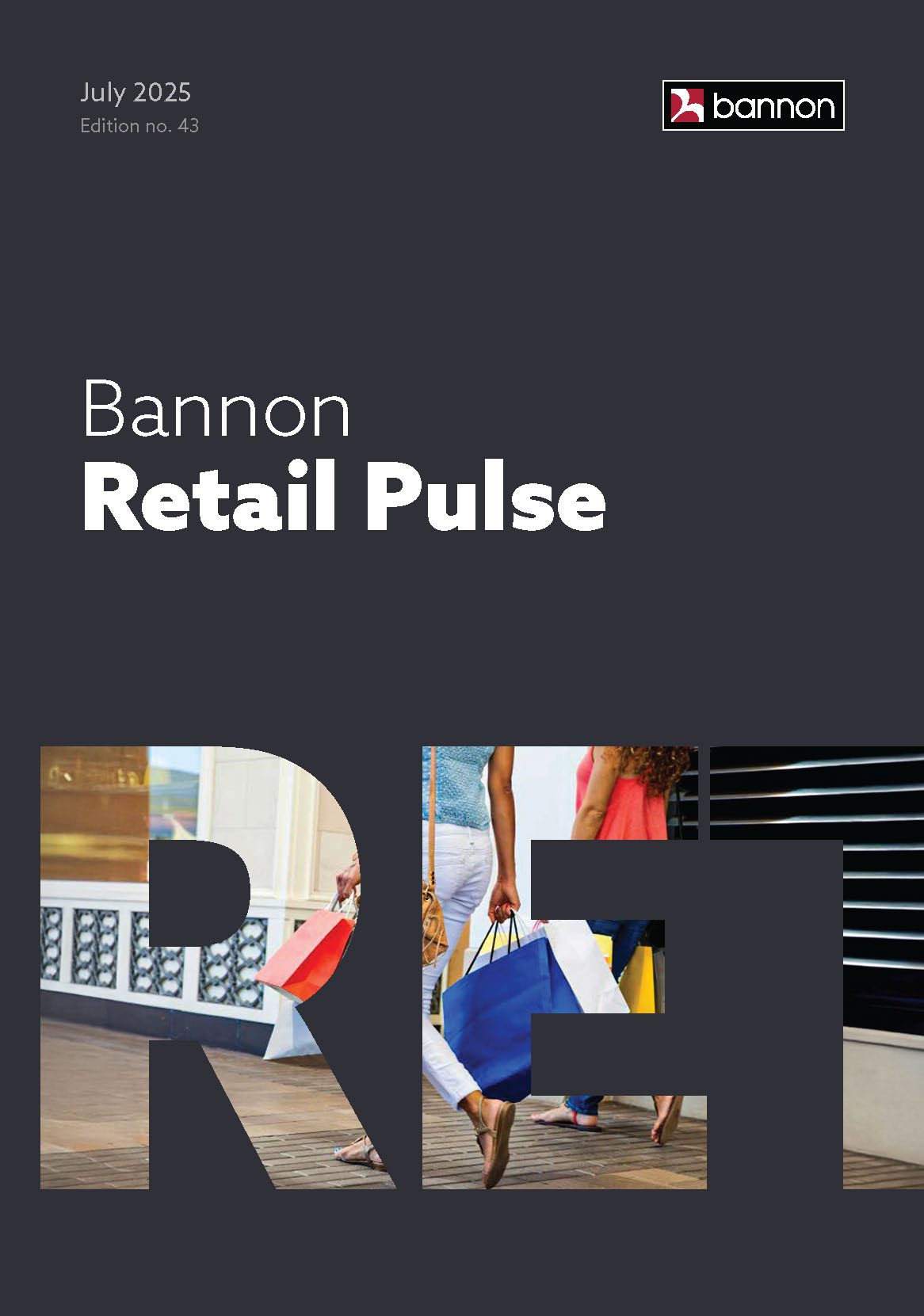 Our latest Retail Pulse has now gone live. In this months edition our Retail Leasing team overview activity in the first half of the year which can be summarised as strong demand for space and limited opportunities given the high level of occupancy in the market.
Our latest Retail Pulse has now gone live. In this months edition our Retail Leasing team overview activity in the first half of the year which can be summarised as strong demand for space and limited opportunities given the high level of occupancy in the market.




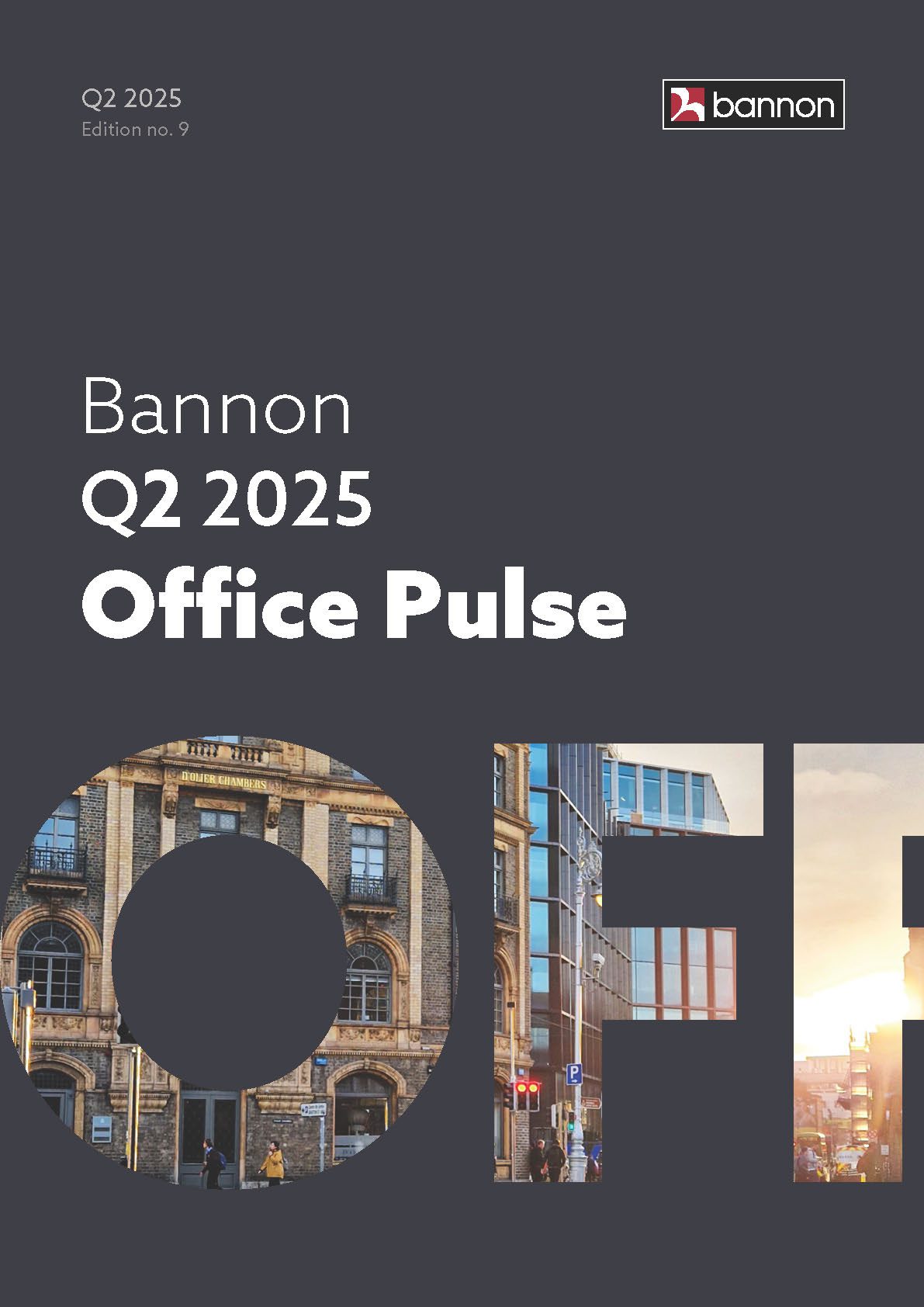 While Q2 2025 saw total office take-up in Dublin rise to 667,989 sq. ft., this figure is largely boosted by a single pre-let deal — Workday’s move at College Square. Excluding that transaction, market activity stands at just 250,000 sq. ft., reflecting a softer quarter.
While Q2 2025 saw total office take-up in Dublin rise to 667,989 sq. ft., this figure is largely boosted by a single pre-let deal — Workday’s move at College Square. Excluding that transaction, market activity stands at just 250,000 sq. ft., reflecting a softer quarter.




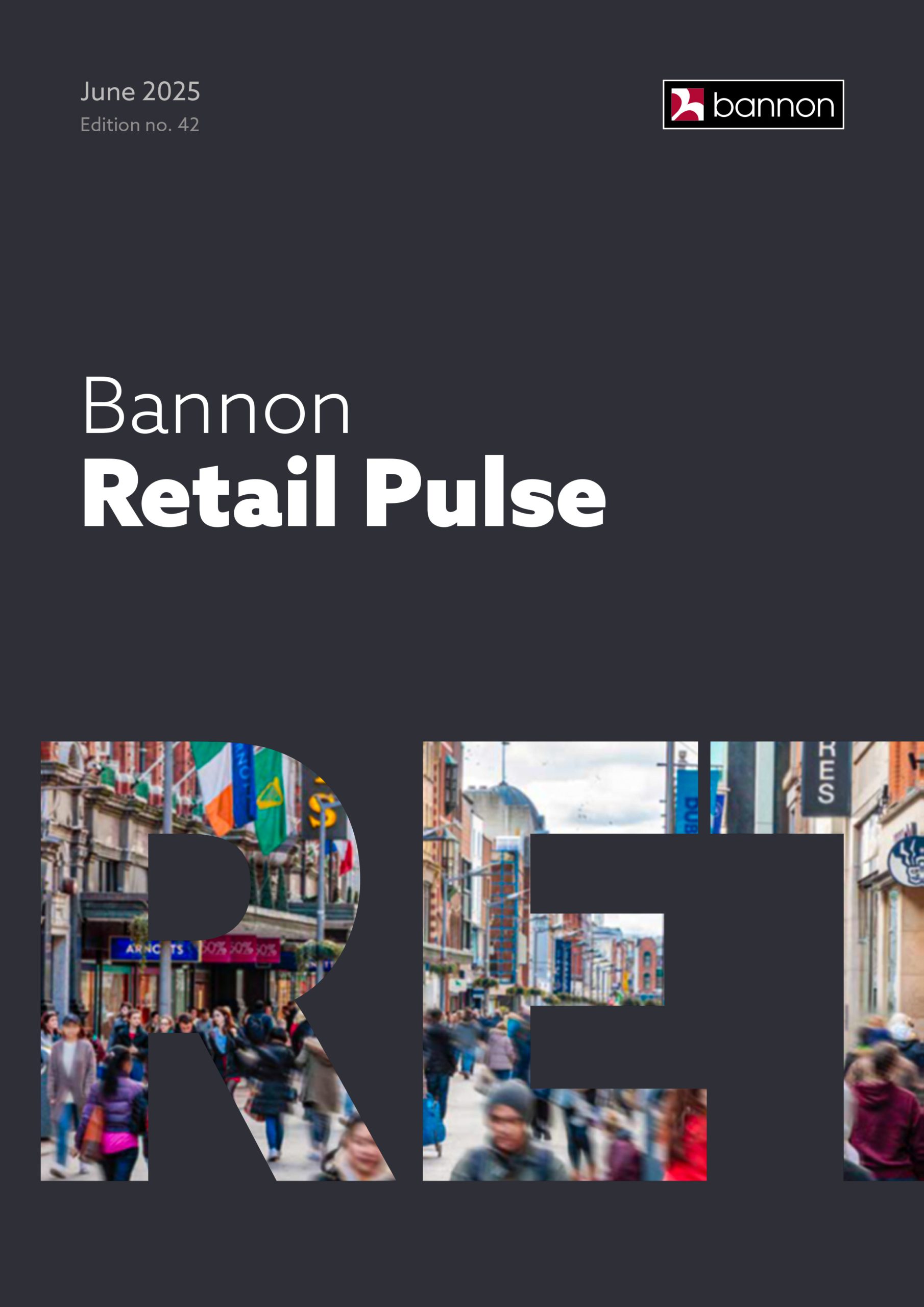

 ⚽ The Bannon team hit the pitch on Friday evening for the 2025 Nexus Soccer Tournament hosted by the
⚽ The Bannon team hit the pitch on Friday evening for the 2025 Nexus Soccer Tournament hosted by the 






 Making a Difference, One Hoofprint at a Time 🐴
Making a Difference, One Hoofprint at a Time 🐴




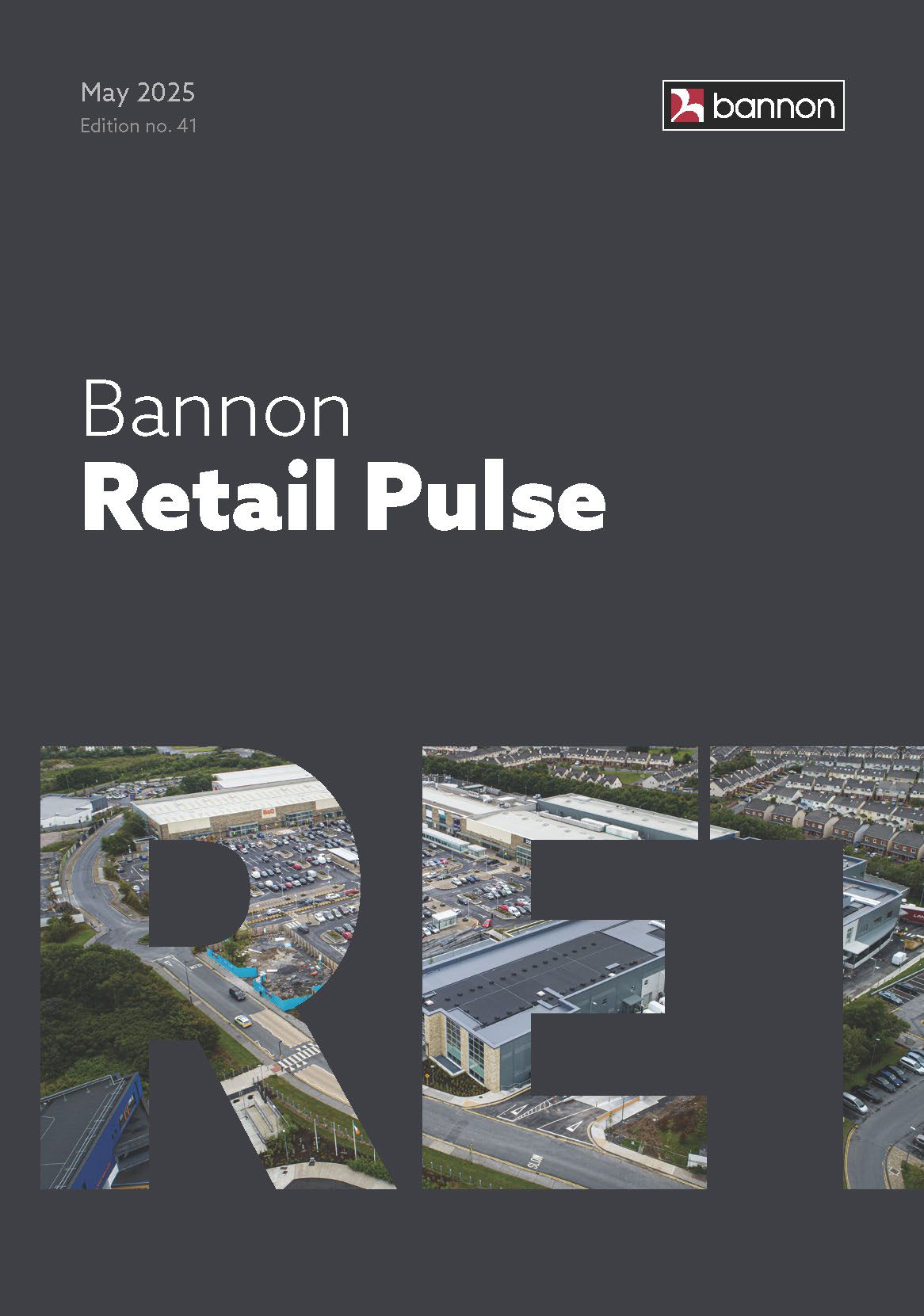







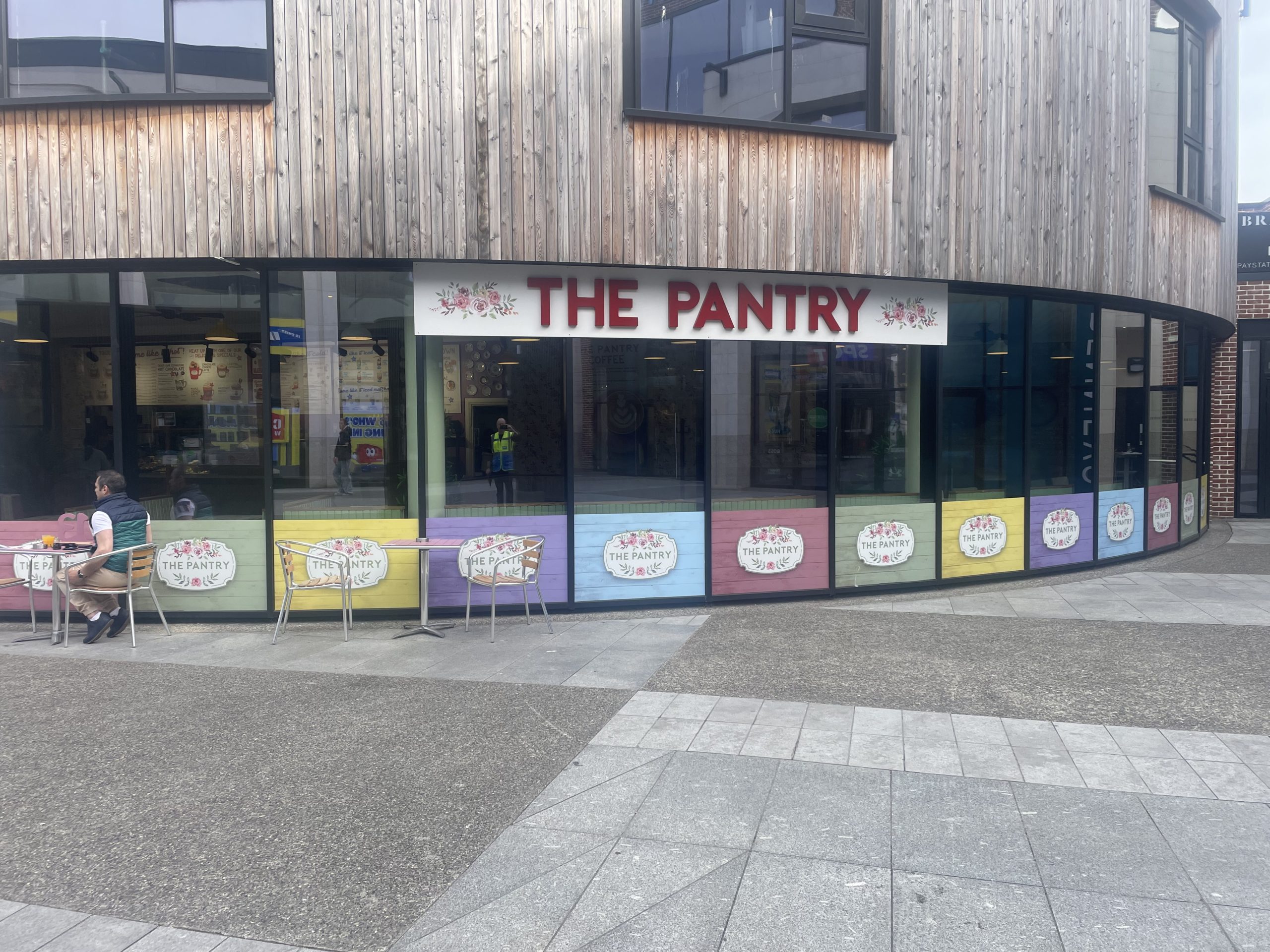
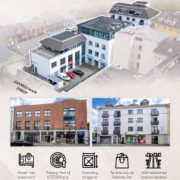
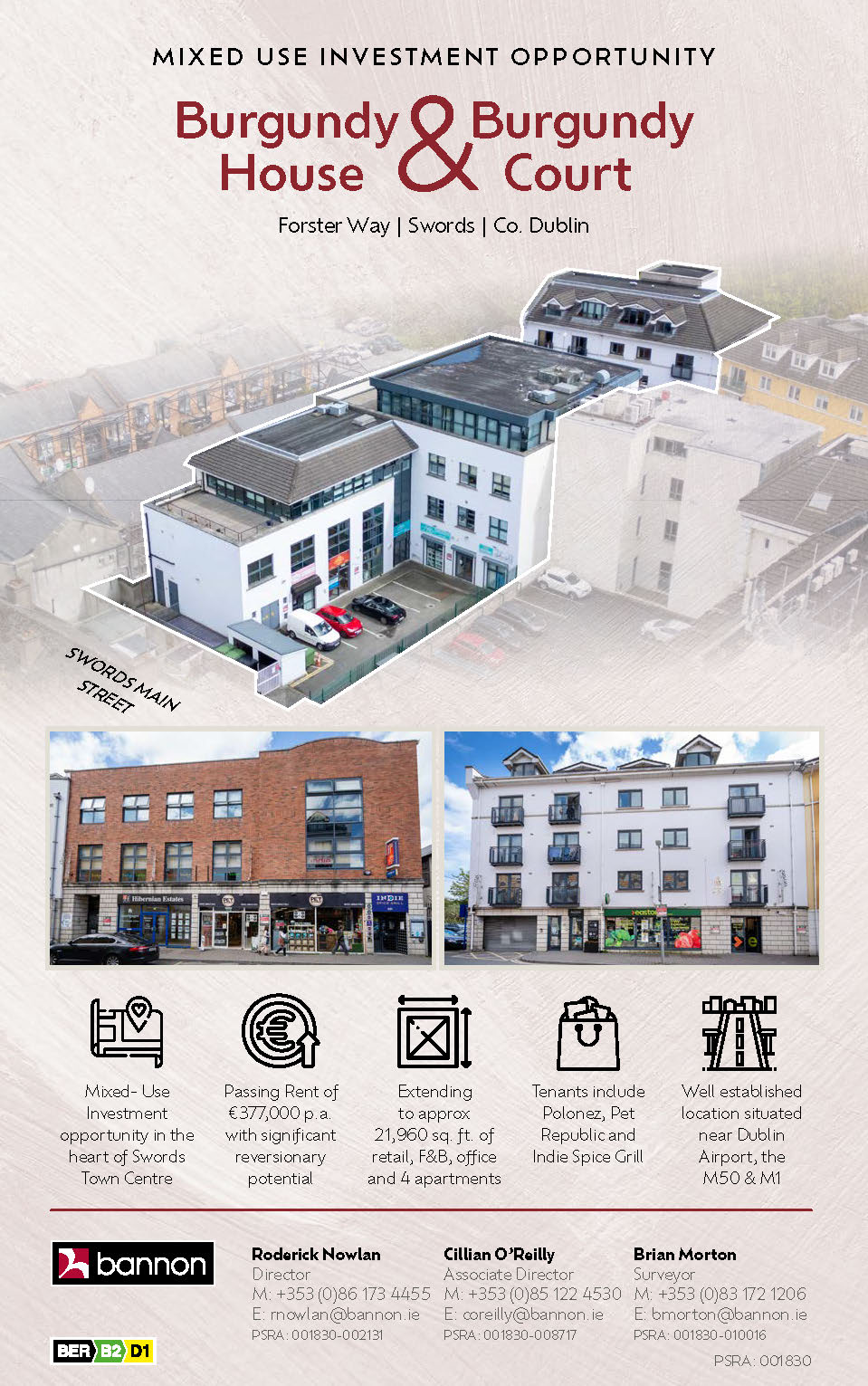
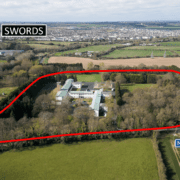
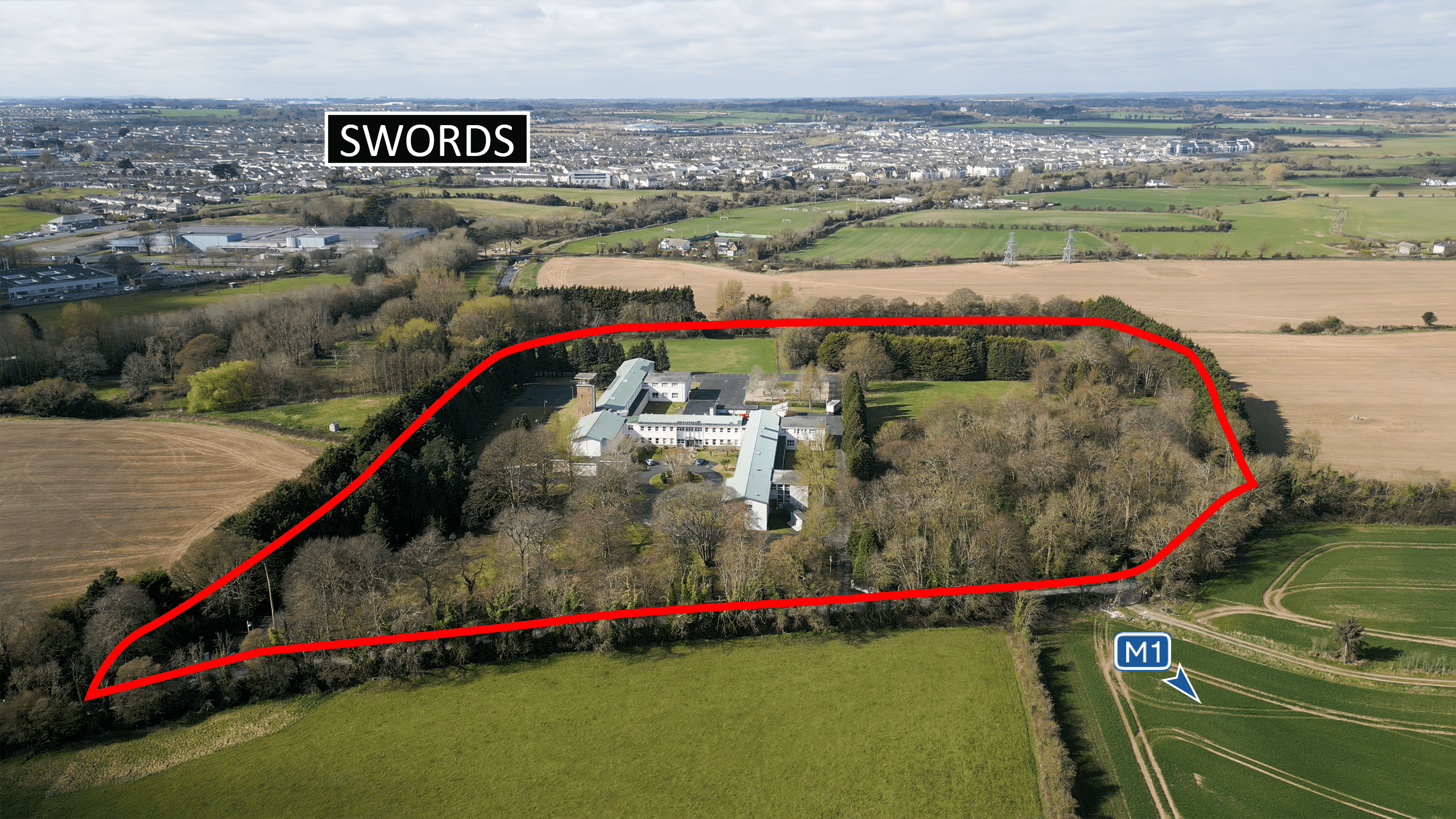





 We are pleased to announce the opening of a new Sensory Room at
We are pleased to announce the opening of a new Sensory Room at 
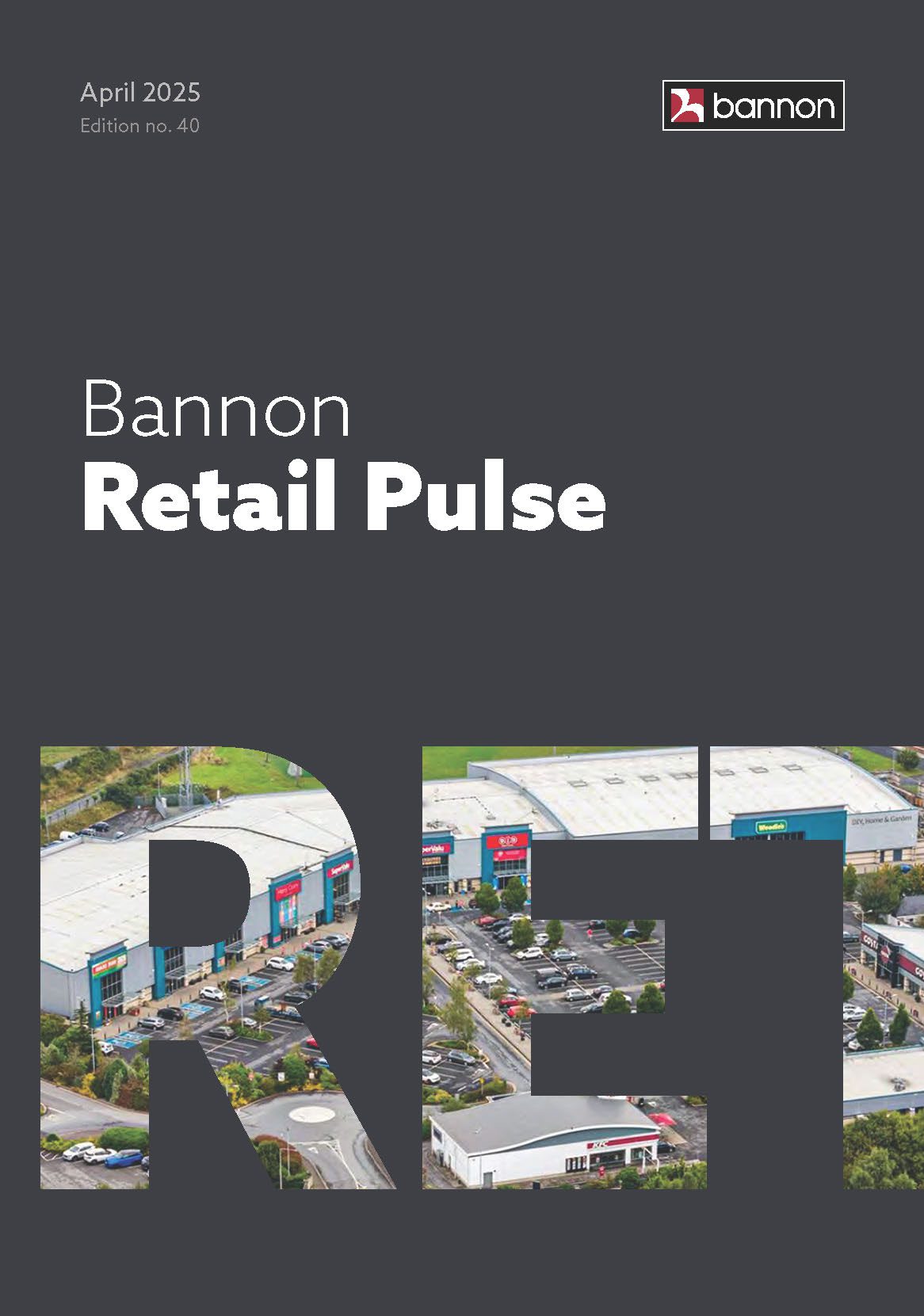









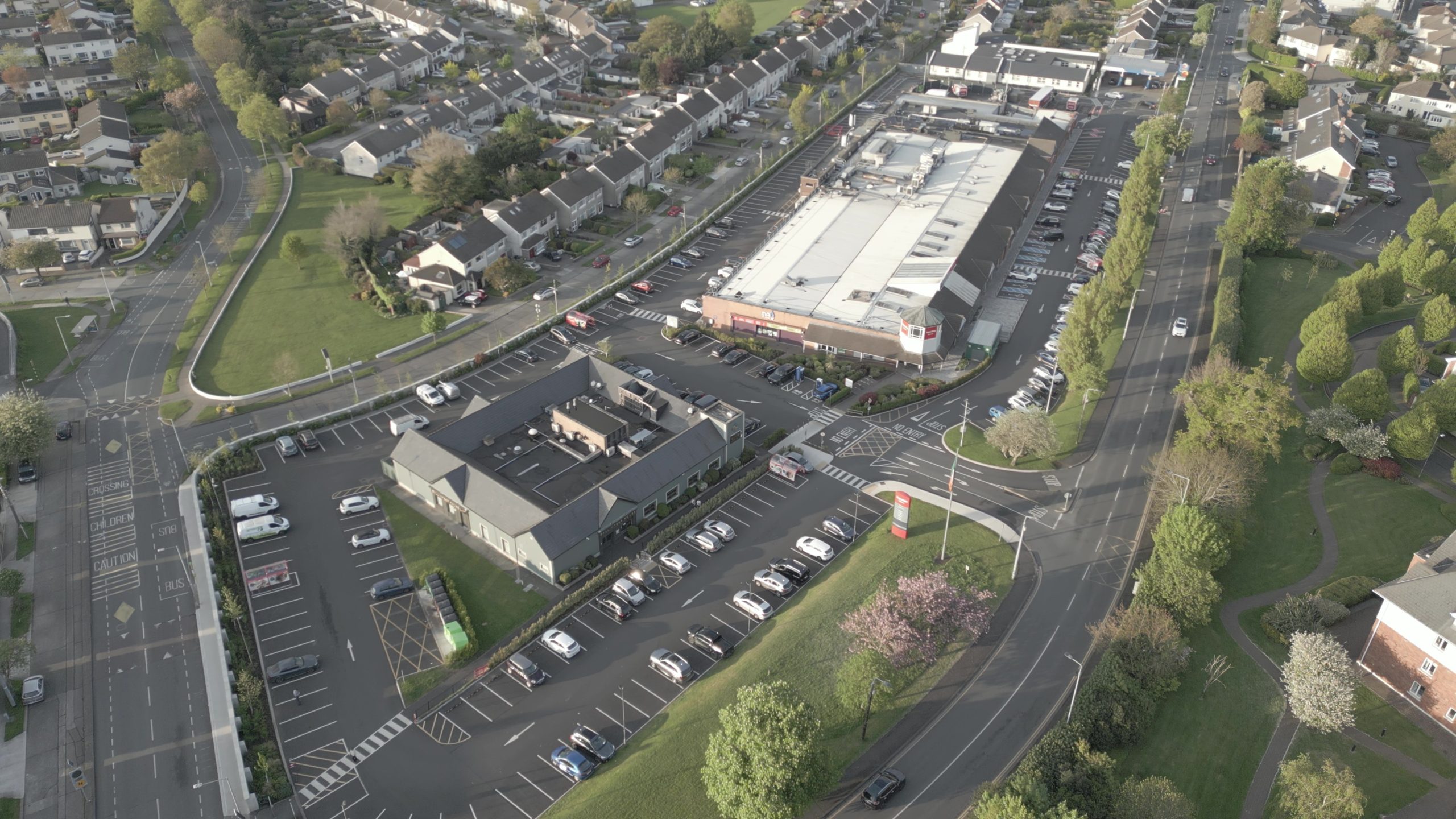




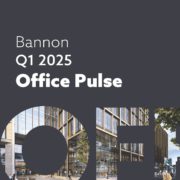
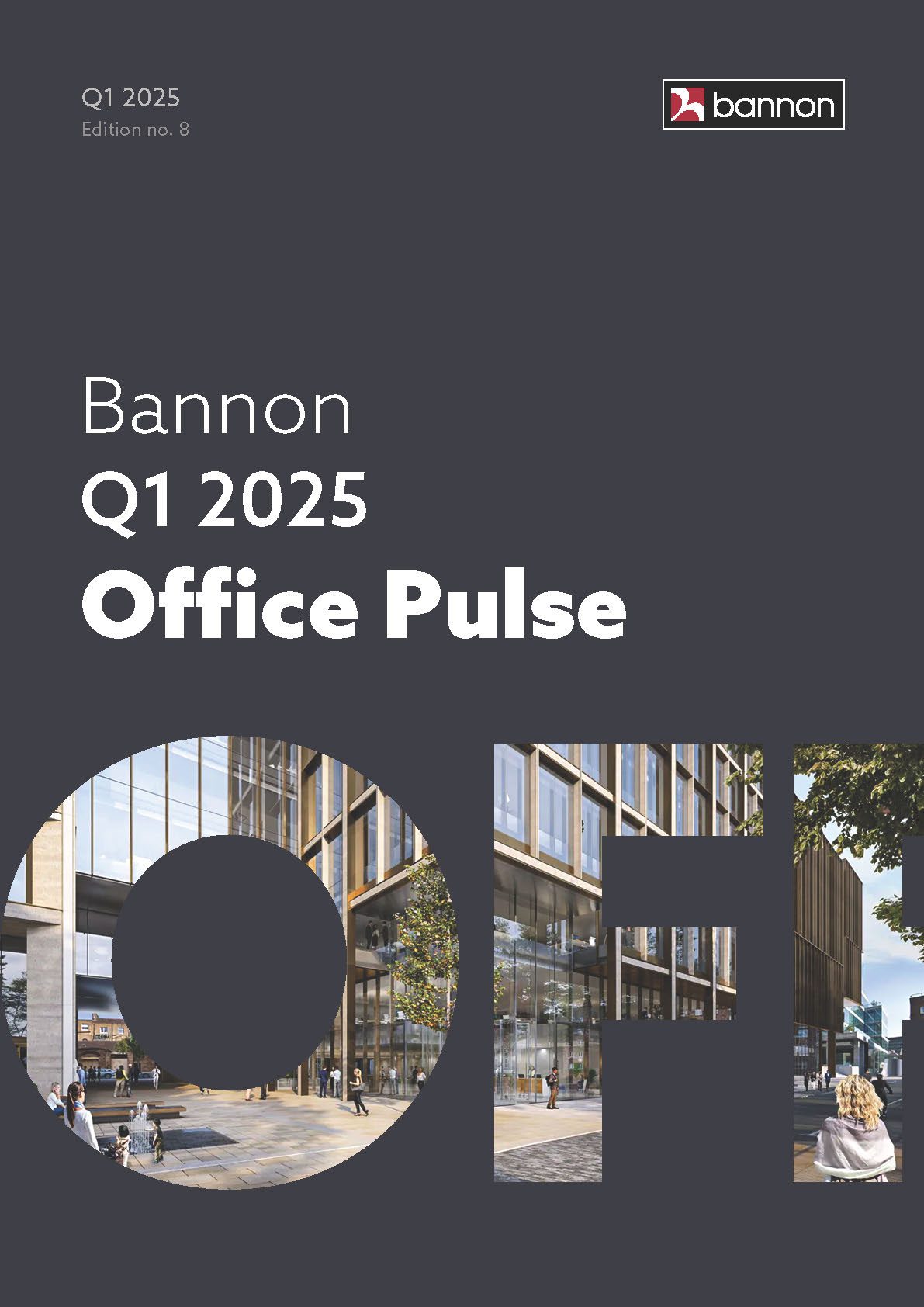





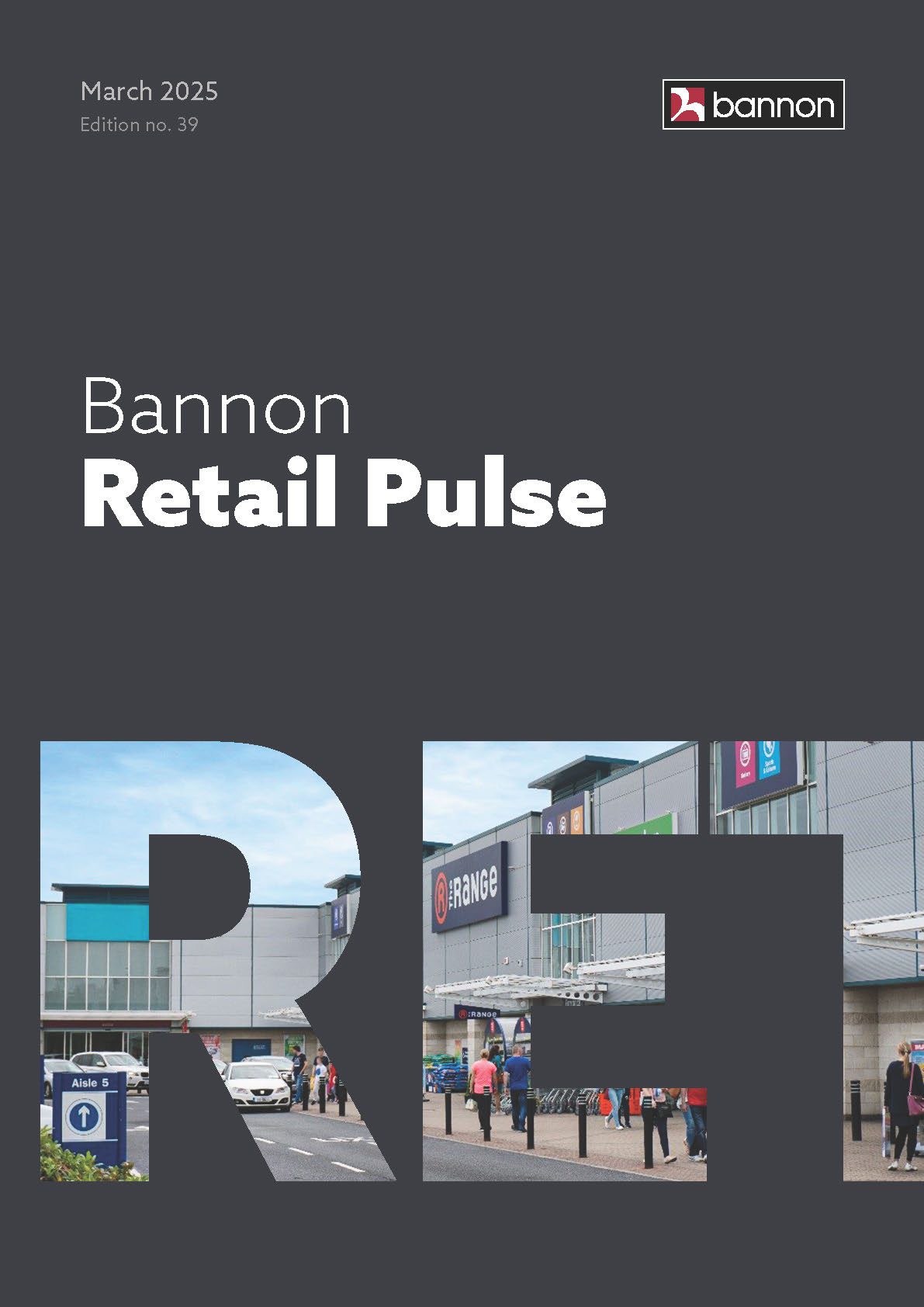

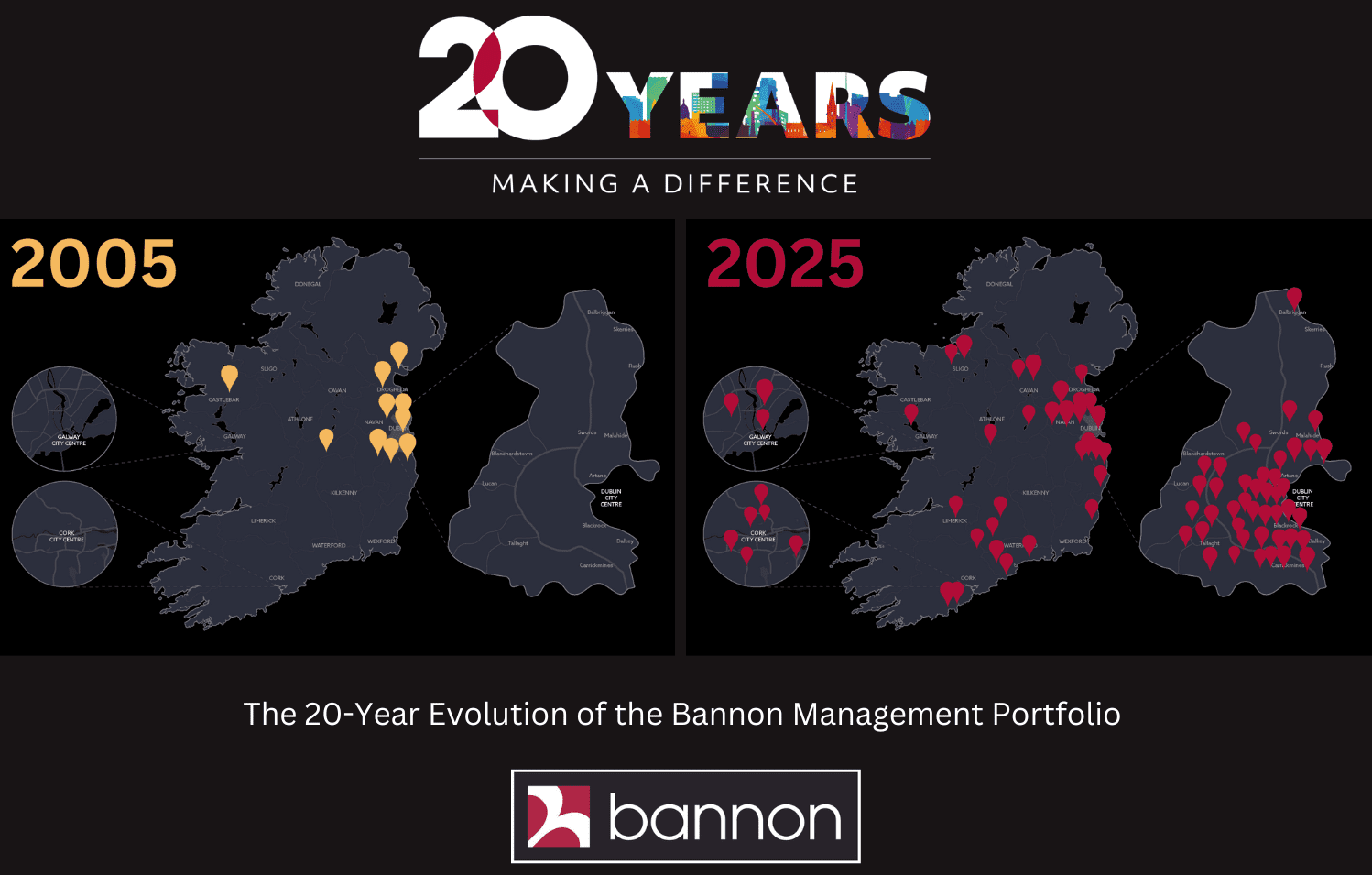



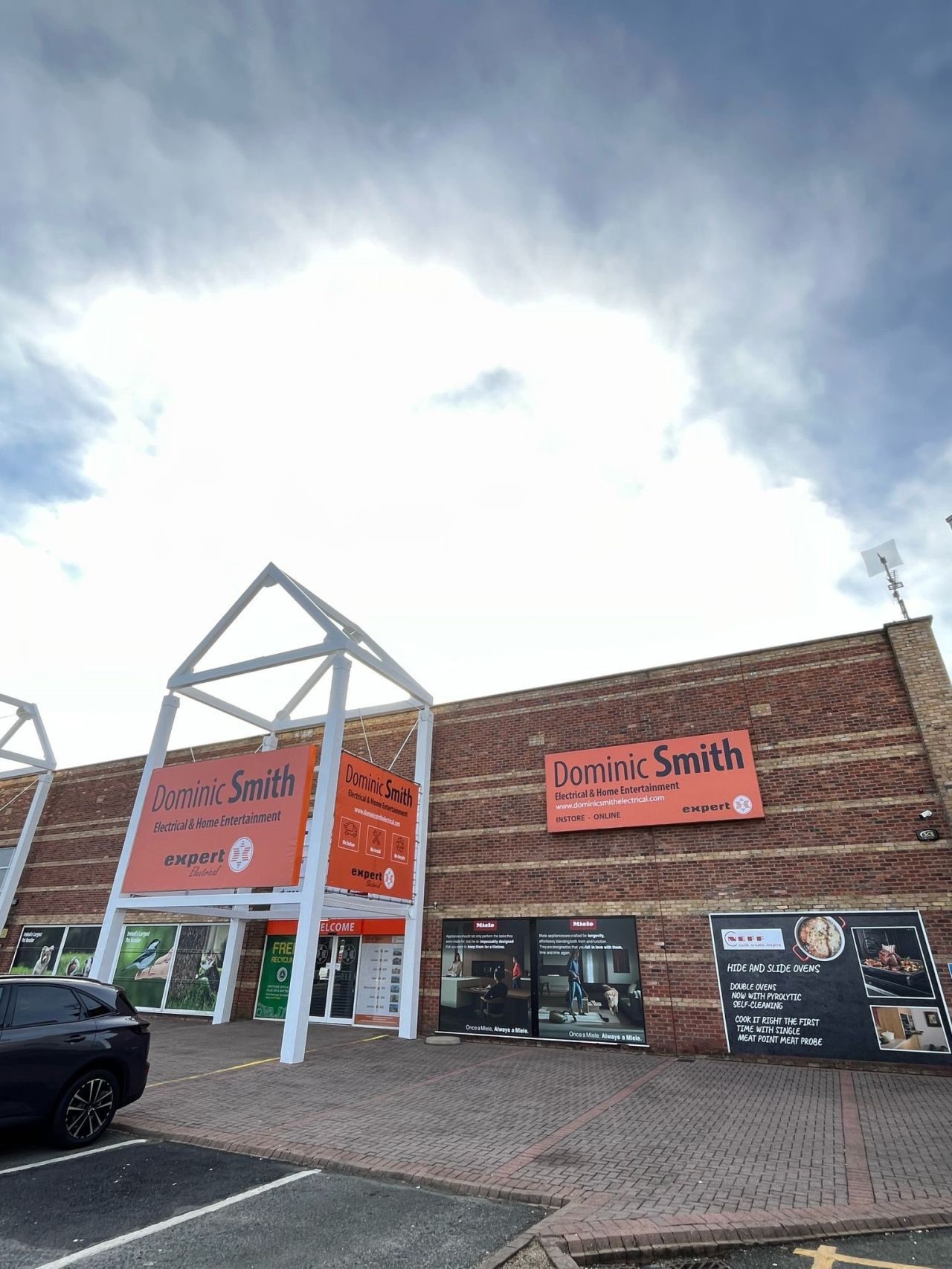





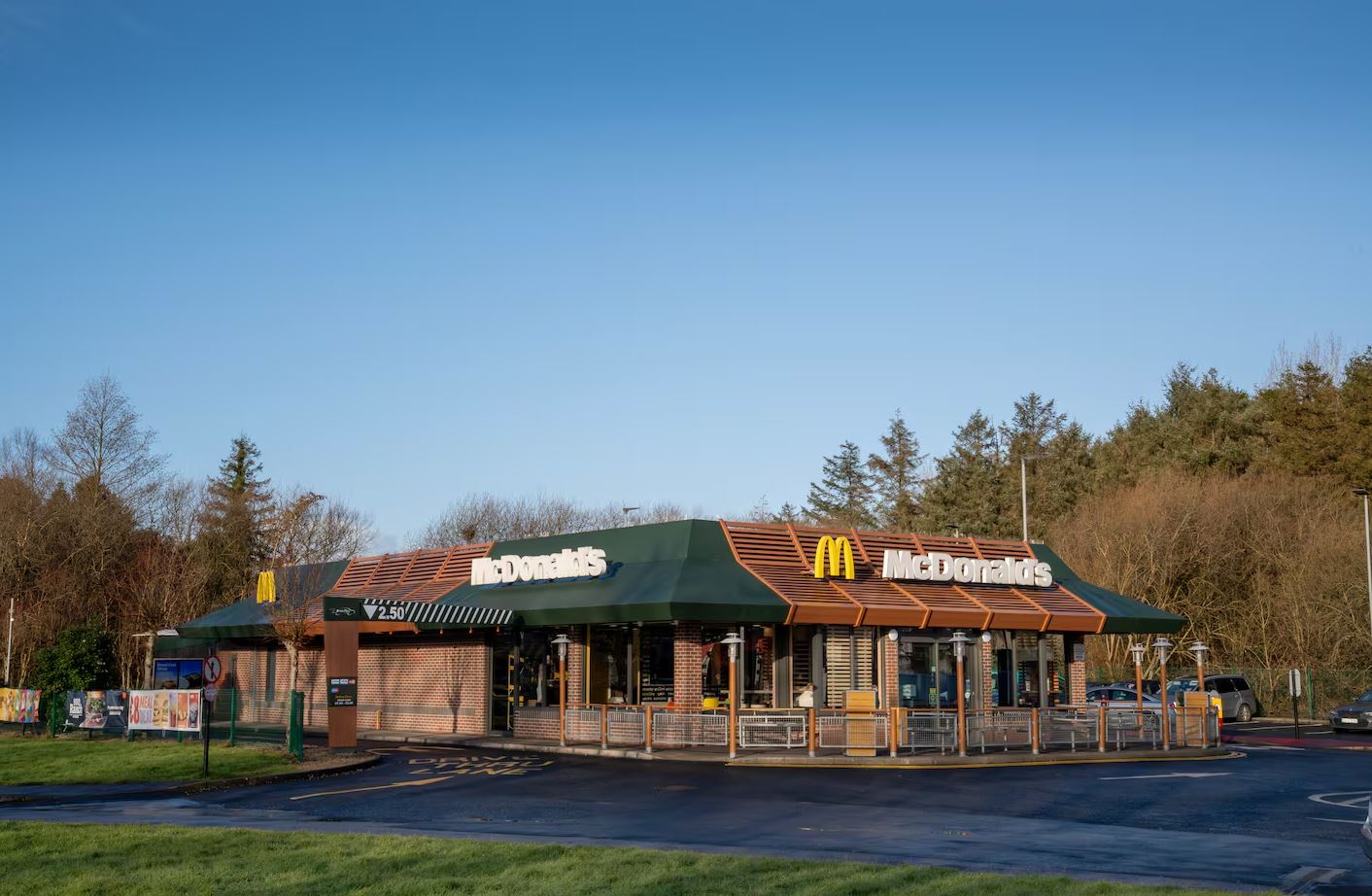





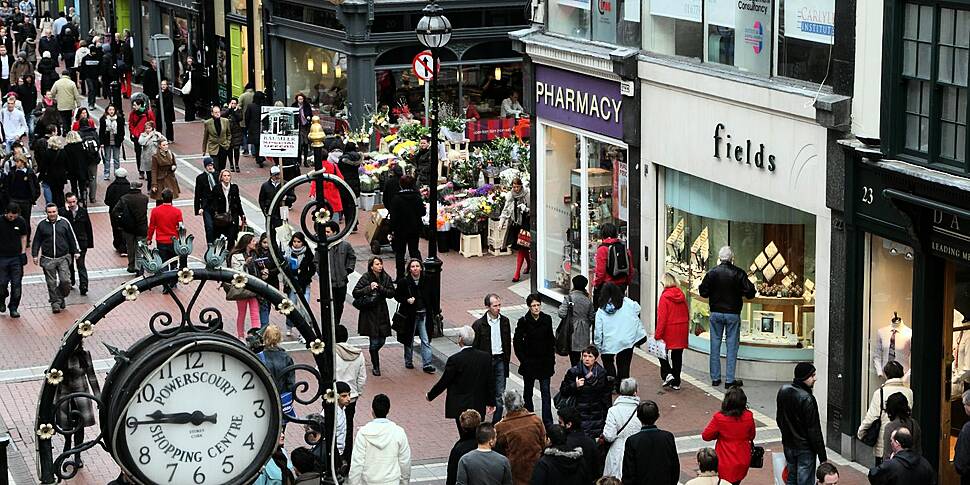

 Our latest Retail Pulse has now gone live. Despite the loss of New Look (27 stores) and Quiz (3 stores) it has been a very encouraging start to the year with a number of retailers already vying for this newly available space.
Our latest Retail Pulse has now gone live. Despite the loss of New Look (27 stores) and Quiz (3 stores) it has been a very encouraging start to the year with a number of retailers already vying for this newly available space.












